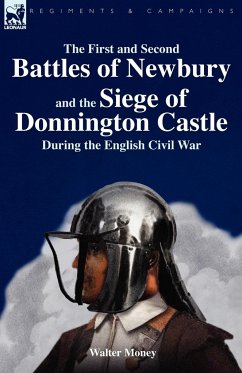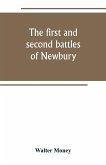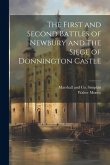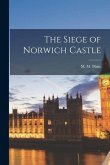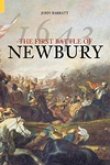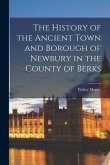Three connected and vital episodes of seventeenth century warfare This substantial book of the English Civil War concerns three pivotal engagements thoughtfully and thoroughly researched and written by Walter Money. In the First Battle of Newbury in 1643 both sides were evenly matched. The Parliamentary forces were commanded by Essex and the King himself commanded his own forces accompanied by Rupert. It was fought to an appalling stalemate-each side losing over 20% of its men in casualties. On balance the Royalists fared worse losing Carnarvon, Sunderland and Falkland in the fighting-the last by apparent suicide. The second battle was fought the following year close by the site of the first in October 1644. After substantial success against Essex in Cornwall the King now had to face Essex, Waller and Manchester the recent victor of Marston Moor. The outcome was another marginal Parliamentarian tactical victory without much strategic advantage. In October Charles relieved Donnington Castle. The Siege of Donnington was a remarkable feat of defence by any standard in any conflict. The position was held by a Royalist garrison from 1643 to 1646 under the leadership of John Boys against repeated attempts to take it by Parliamentary forces. Upon its eventual surrender the defenders-in recognition of outstanding gallantry-were permitted to march out with drums beating and flying colours. A riveting account for all those interested in the period.

